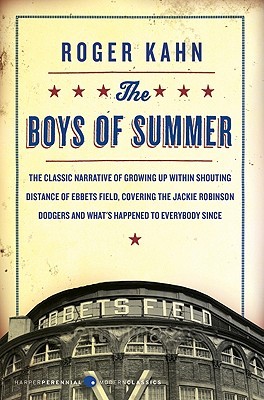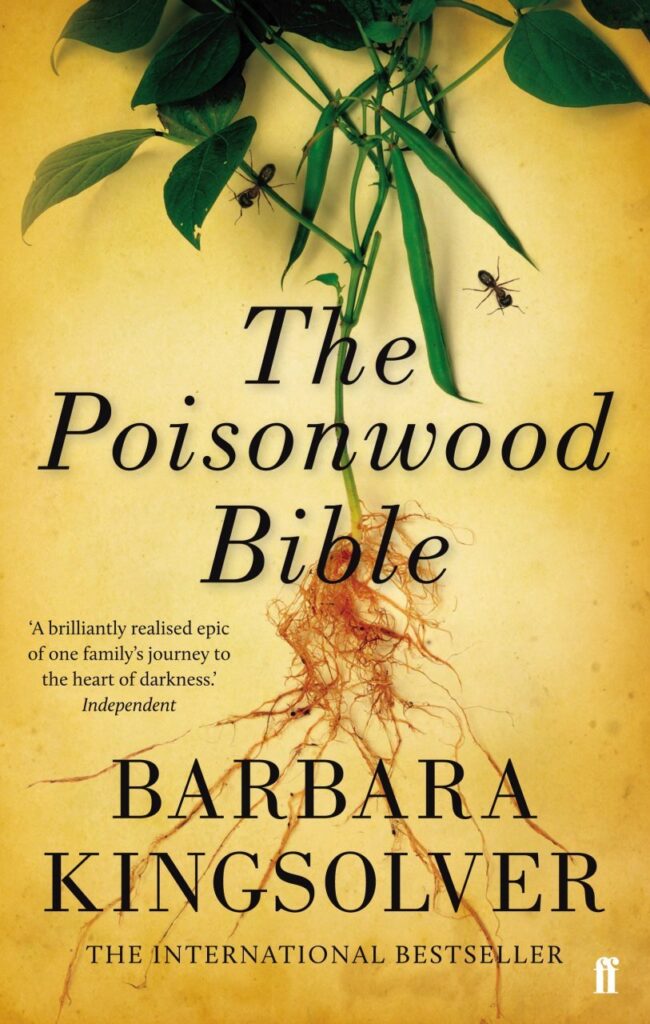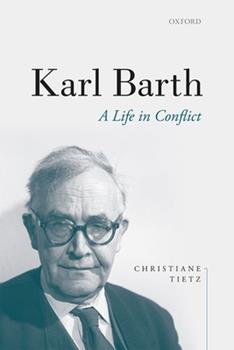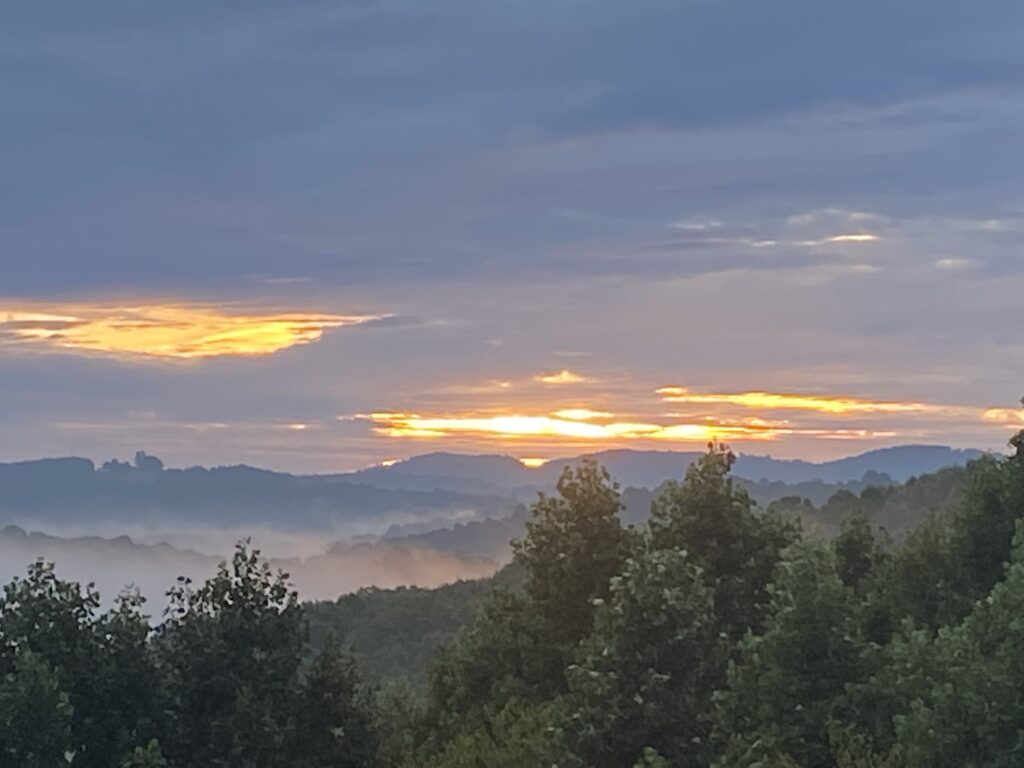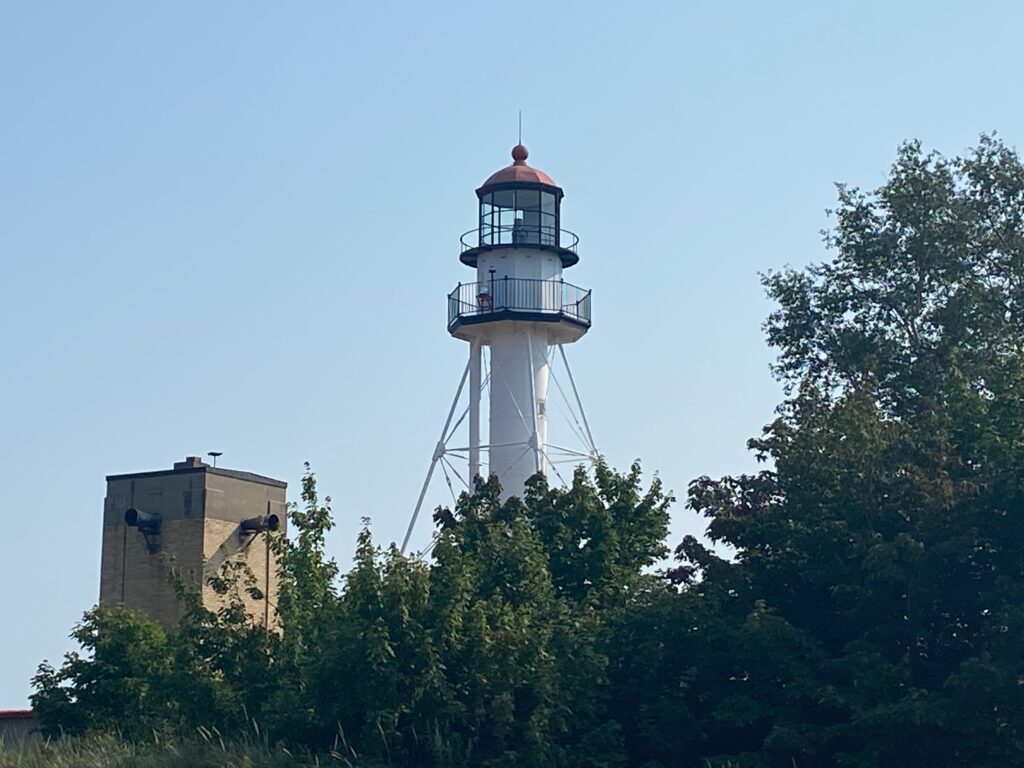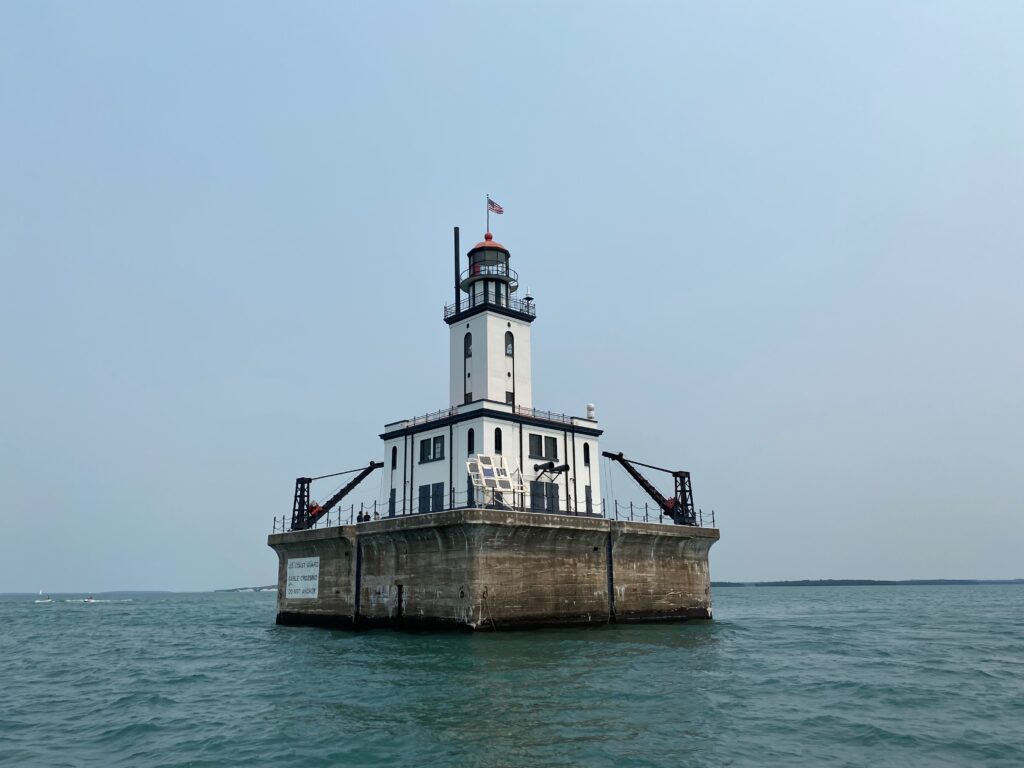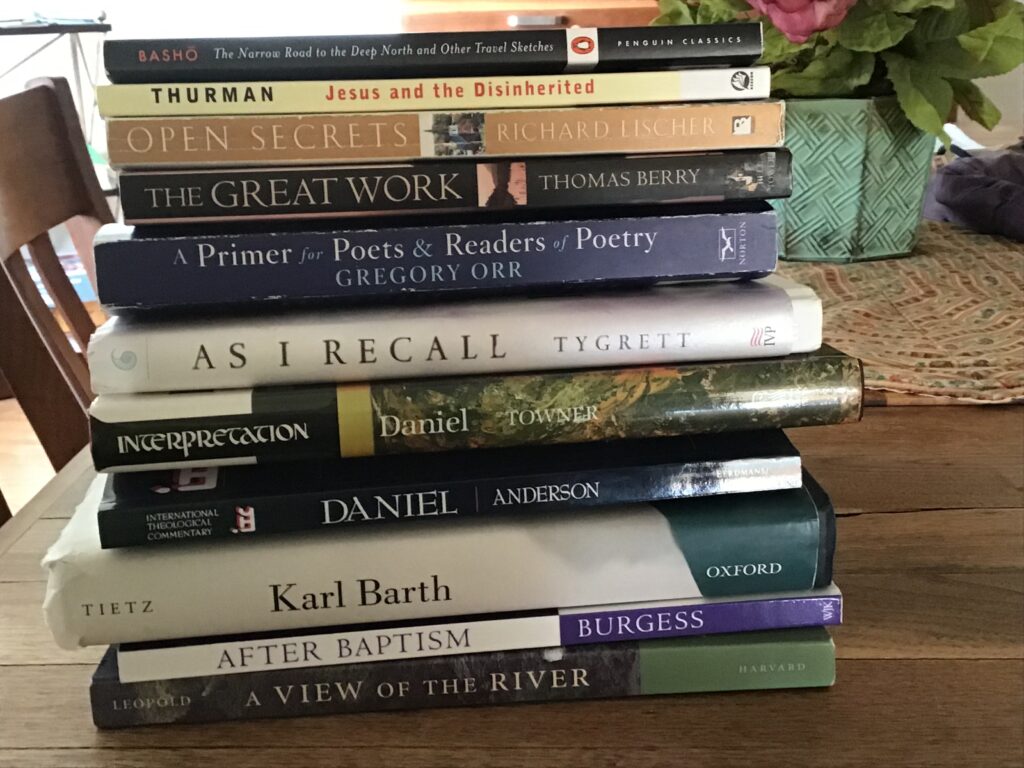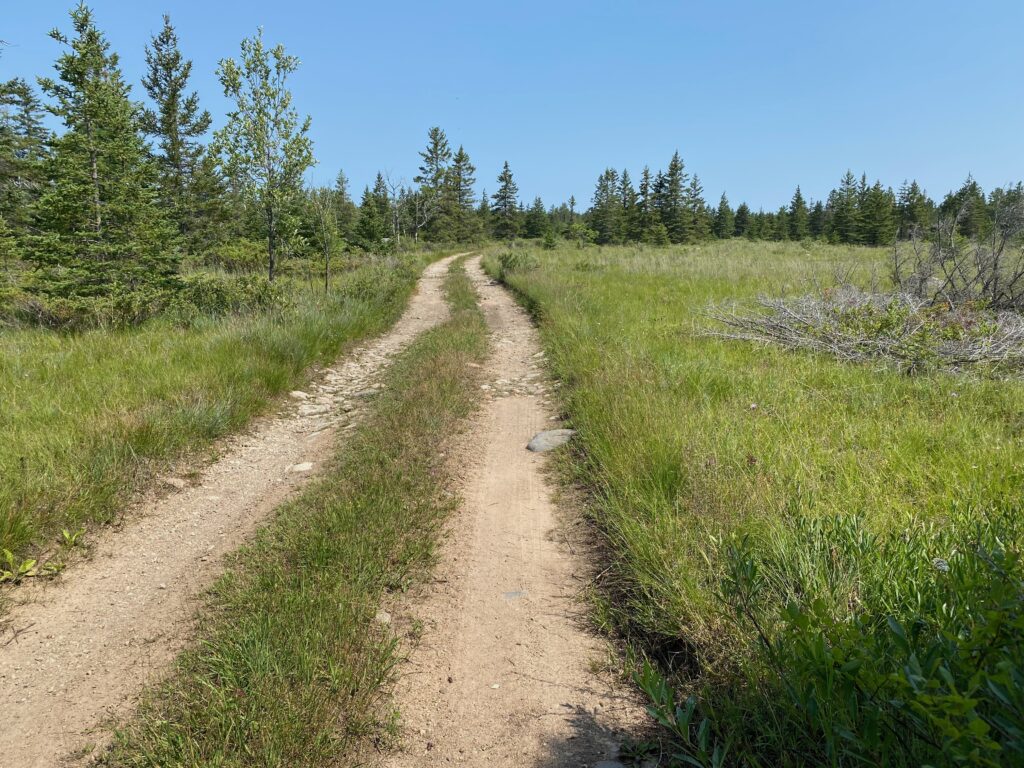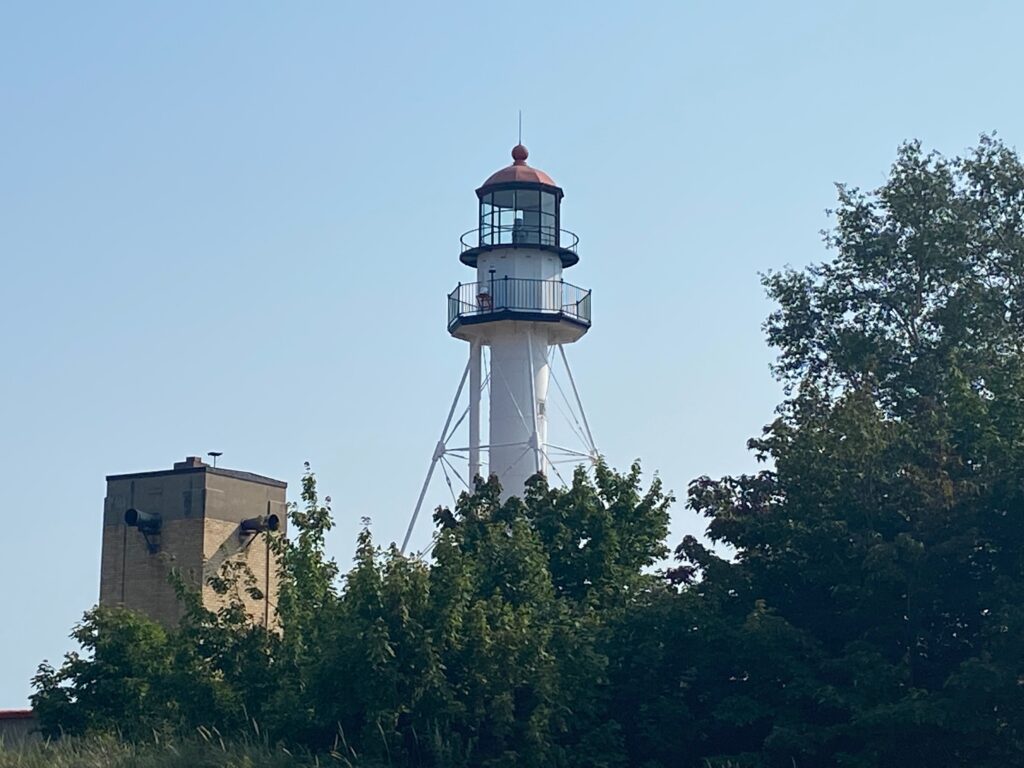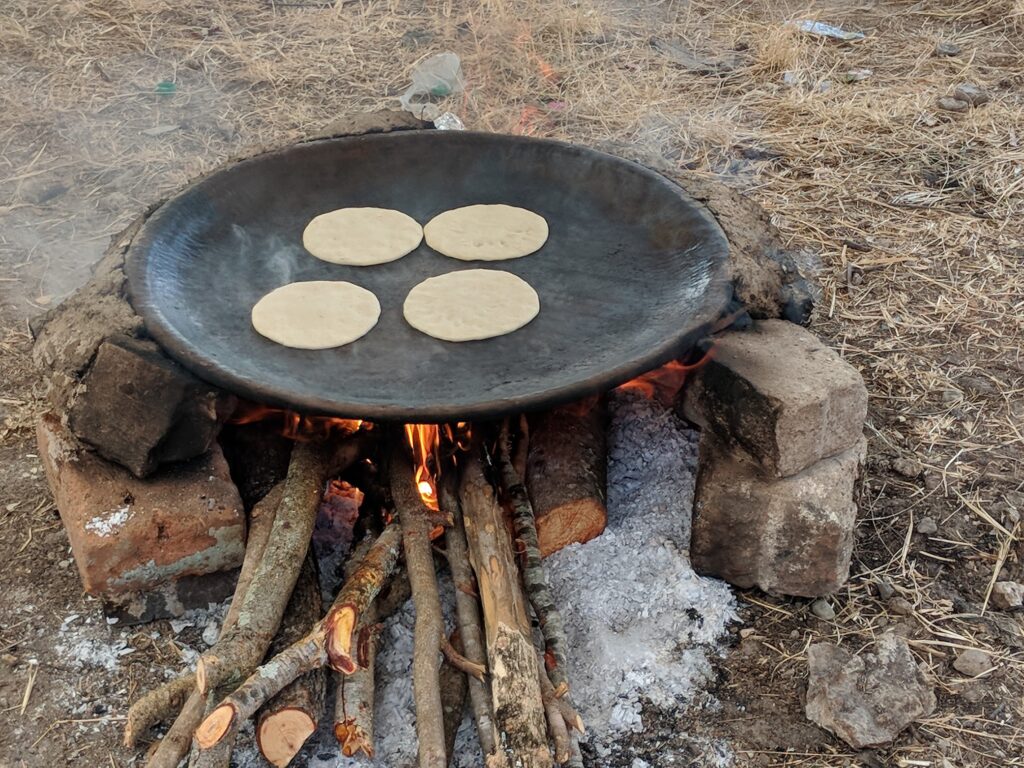Jeff Garrison
Bluemont and Mayberry Presbyterian Churches
Ezekiel 2:1-7
August 29, 2021
At the beginning of worship
John Knox, the reformer of the Scottish Church, from which came the Presbyterian Church, drew from the book of Ezekiel. His book title, The First Blast of the Trumpet, drew from the prophet.[1] Like Ezekiel, God gave Knox a message. He knew he must deliver it regardless of the danger it brought upon himself. Today, in our sermon, on this Scottish Heritage Sunday at Bluemont, we’re looking at Ezekiel’s call as a prophet. I will compare it to Knox’s call as a Reformer.
Before the reading of Scripture
Before we delve into the text, let me tell you a bit about Ezekiel. He was a young Hebrew priest exiled to Babylonian in 597 BC. He’s a lot like Daniel, who was exiled in 605 BC. Ezekiel’s exile, seven years later, was the second of three exiles. It occurred ten years before the destruction of Jerusalem and the massive exile.
Those who were exiled early appear to have two functions. Some, like Daniel, were groomed for Babylonian official work. Others served as guarantee that Jerusalem would behave and pay tributes to Babylon. Ezekiel, a priest, may have been selected for deportation to serve as a religious advisor to the Hebrews in Babylon.
The book of Ezekiel begins with a vision of a divine chariot. Seeing it, Ezekiel falls to his face and hears someone speaking to him. In Chapter 2, we hear Ezekiel’s call.
The Call of John Knox
In the late 1550s, John Knox settled into a comfortable life in Geneva. He was the pastor of an English-speaking congregation, which consisted mostly of religious exiles the British Isles. These exiled left England under the reign of Mary Tudor, also known as “Bloody Mary” (a name earned not because she liked tomato juice and vodka, but because she had so many Protestant leaders killed). She attempted to bring England back to the Catholic fold. Knox was Scottish, but served a church just south of the border, when he found himself along with others fleeing for their lives.
Then, while still in exile, Knox made a dangerous trip back to Scotland. Love has a way to lead us to take such risks. He went home to marry Marjorie Bowes. While in Scotland, he couldn’t help but do some preaching and meeting with Scottish leaders, many of whom were ready for a change of the church. This was a time of great uncertainty; Knox knew if he wasn’t careful, he could end up being roasted at the stake.
Once safely back in Geneva, with his wife who soon became pregnant, things looked up. He enjoyed pastoring the church and studying under John Calvin, who was at his prime. BUT THEN he received a letter.
The letter, signed by several Scottish nobles, was brought to Geneva by a Scottish merchant. They encouraged Knox to come back to Scotland. They were not able to promise him safety or a comfortable life, but they did promise a willingness to jeopardize it all—their lives, their wealth, their estates, and their titles—for God’s glory.
This troubled Knox. He shared the opportunity with his congregation, as well as with John Calvin and other pastors in Geneva. Everyone agreed. Knox had no choice. He was being called back to Scotland and if he refused, he would be rebelling against God.[2] So much for safety and raising his son by Lake Geneva.
Our calling
When we are called by God, we’re often called out of our comfort zones. We’re called to take risks. God’s call changes us. No one who answers it will ever be the same. When we are called by God—and this doesn’t just apply to the clergy for we all have callings—our lives no longer belong to ourselves, as Knox and Ezekiel learn.
Ezekiel’s call
Hanging out with the other exiles by the river Chebar in Babylon, Ezekiel sees this incredible vision of the heavens opening. Out of the north comes a storm with weird creatures and a chariot. Sounds psychedelic, doesn’t it. Read the first chapter of Ezekiel to get the idea of what he experienced. Overwhelmed, he falls on his face. By the way, this is a proper response if you ever find yourself face to face with the Almighty. Bow down, duck, hide! Don’t hesitate, or you may be french-fried!
With his face in the ground, Ezekiel hears the command at the beginning of chapter two. “Mortal, stand up.” Many versions use the more literal translation, “Son of man.” Either way, Ezekiel is identified for who he is: a man, a mere creature, one with limited powers.[3] He’s just like you and me. God never goes out and finds the strongest man to do his bidding. Ezekiel is weak; he can’t get up even though he’s commanded to do so. When God’s spirit enters him, he’s rises. When standing, he hears his calling.
Ezekiel call is to his own people. He’s called to address those who have rebelled against God. Ezekiel doesn’t even have the pleasure Jonah did, of going and pronouncing doom on Israel’s enemies.[4] His message, like Knox, is to his kinfolk, his family, and his neighbors. He won’t be very popular. He may even be considered a traitor. But God calls him. God expects him to do this.
Will they listen?
Notice, too, unlike Jonah who feared Nineveh would hear his message and repent,[5] there is nothing suggesting this will to happen to Ezekiel. Rebellious and stubborn, they’ll probably not listen. The way God evaluates Ezekiel’s faithfulness isn’t by how many converts he gains or how big of a following he has. The same goes for us.
Ultimately, what’s important is how faithfully he proclaims the word. God warns Ezekiel. He may not be liked, but regardless, he’s to give the message. It’s not his message, its God’s.
Although Ezekiel is given a tough assignment, God protects Ezekiel to make sure that the message gets through. With Jeremiah, who was a prophet back in Jerusalem while Ezekiel was working in Babylon, God’s protection may appear dubious. After all, Jeremiah was thrown in a well[6]. In Ezekiel’s call, his hearers will be mad, but the prophet is going to be protected.
Brer Rabbit? Protection in the briar patch
One scholar points out that a better translation of this passage isn’t to see briars and thorns and scorpions as a part of the angry crowd, as some interpret it. Instead, they protect Ezekiel. The prophet, like “Brer Rabbit,” happily runs through thorns to escape those who seek to harm him.[7]
God never promises us an easy time! After all, Jesus’ call is to take up our cross and follow.[8] Those who hear Ezekiel may not like what he has to say. However, God ensures the message is heard so they know that a prophet has been among them.
God calls those with impediments
As one commentator on this passage points out, an impediment is a common characteristics of a call in the Old Testament.[9] Moses stuttered, Gideon was considered a weakling, Samuel was young, and Isaiah had unclean lips.[10] But in all cases, God makes the difference. Here, with Ezekiel, we see the prophet-to-be can’t even stand up. But as a quote attributed to Knox goes, “a man with God is always in the majority.” Ezekiel’s task is to take a message to a less than enthusiastic crowd. Only with God’s helps can he deliver.
Another commentator, working with this passage makes this observation: “Certainty of call can be a wonderful thing, but certainty of call can also be a terrible thing.”[11] When we feel God’s call, especially to a task like this, we must be careful. Is it God giving us the strength to carry it out? Or is it our own ego? The call of God should always humble us.
Ezekiel’s role in helping the Hebrews understand
Ezekiel’s call involves taking a message to the Hebrews in exile. He’s to help them theologically deal with the fall of Jerusalem and the destruction of the temple. It’s not an easy assignment. No one likes hearing that they (and their disobedience) are the cause of their current troubles.
The sins of the past led to consequences
Think about us, as individuals or as a nation. We don’t want to hear about how actions in the past cause current problems.[12] But Scripture is clear. Sins of the past can cause consequences for later generations.[13]Ezekiel’s call helped shape God’s people as they came to understand their responsibility for God’s judgment.
We should consider Ezekiel’s calling. We need to remember that like him, we’re not out to win a popularity contest. We’re called to do what is right. We’re to seek out God’s will. For our Elders, they’re also to seek out God’s will for our congregation’s life. In the end, we’re judged not on how people like us or on how elegant the words we use, or even how many converts we make. We’ll be judged on how faithful we have been to God’s word and to his work.
Prophets remembered
I am sure when Knox set sail for Scotland in 1559, he had no idea the impact his ministry would have on the Church in Scotland. It continued to Ireland, and over to the Americas and Australia and New Zealand. Knox work continues to influence the church in places like the Sudan and Malawi, Brazil, and Korea…
As John heard in his vision on the Isle of Patmos, “Blessed are the dead who die in the Lord, says the Spirit. They rest from their labors, and there works follow them.”[14] The impact of Ezekiel’s words can be felt thousands of years later, and Knox’s work still bears fruit nearly 500 years later.
According to the ways we think, Ezekiel was an unlikely candidate for a prophet. He wasn’t even strong enough to stand before God. He required energy. He was humble. Likewise, Knox was an unlikely candidate for a Reformer as a marked man with a babe in arms. But God called both Ezekiel and Knox.
God can use you!
Don’t ever think that God can’t use you because you are weak, because you are not elegant with speech, because you are not religious enough, or because you have other obligations. Those are the kind of people that God uses to make a difference in the world. Amen.
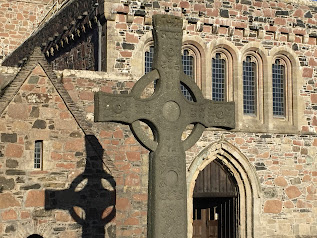
[1] See Ezekiel 33:3ff.
[2]Jane Dawson, John Knox (New Haven, CT: Yale, 2015), 129
[3] Jesus refers to himself as “Son of Man,” too, drawing on Daniel 7:13. The use of the phrase in Ezekiel (not capitalized as in Daniel) refers to his humanity.
[4] Jonah 1:2.
[5] Jonah 4:2.
[6] Jeremiah 38:6.
[7] Margaret S. Odell, Ezekiel (Macon, GA: Smyth & Helwys, 2005), 40-43, 50.
[8] Luke 9:23
[9] Daniel C. Fredericks, “Diglossia, Revelation and Ezekiel’s Inaugural Right,” Journal of the Evangelical Theological Society (June 1998).
[10] Exodus 4:10f; Judges 6:15f, I Samuel 3, and Isaiah 6:5-7
[11] John C. Holbert, “Lectionary for July 5, 2009, Ezekiel 2:1-5” in “WorkingPreacher.org”
[12] Consider how some state legislatures attempt to ban teachings about racism in society.
[13] Exodus 20:5, 34:7, Numbers 14:18, Deuteronomy 5:9, Luke 11:50.
[14] Revelation 14:13

